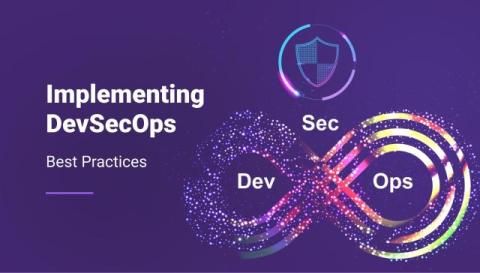Summarizing SRE/Ops Podcasts Using an LLM
There are plenty of good SRE/Ops related podcasts out there. I follow a few of them and listen to episodes whose titles sound interesting. The problem with podcasts is that some episodes focus on one topic, and other episodes deal with a host of topics. In between there is filler and things that are not relevant to the topic but are necessary to carry on a conversation. Spending 30-60 minutes listening to podcasts is not always a great use of time.











